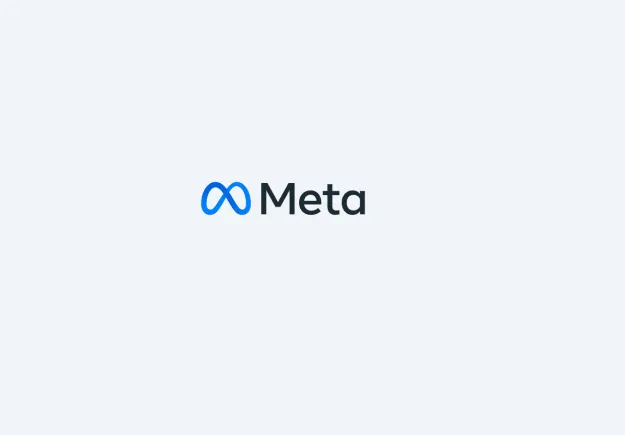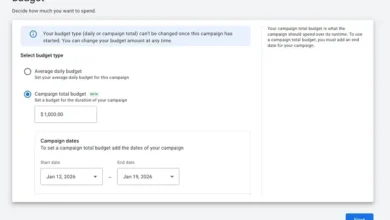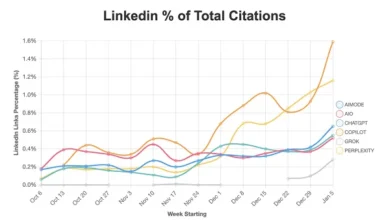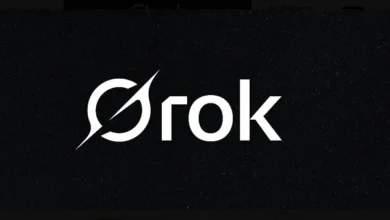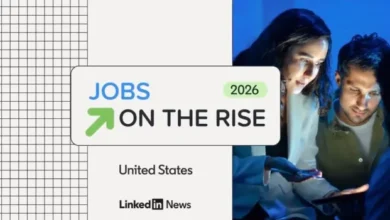Meta’s offered to cut the price of its ad-free subscription package in Europe, amid complaints from privacy activists that the company’s looking to force users to pay in order to ensure their privacy, which, they claim, is not in the spirit of the E.U.’s new Digital Markets Act (D.M.A.).
In order to comply with the D.M.A., which requires that social platforms offer users a means to avoid sharing their personal data if they so choose, Meta announced a new offering that enables users to restrict their personal data, and get an ad-free version of the app instead, at a cost of $US10.88 per user, per month.
The solution, in this sense, enables Meta to maximize its revenue opportunities, avoiding financial impacts as a result of the new rules, while also providing users with a complete data tracking opt-out option, in line with the new rules.
But privacy campaigners say that Meta’s proposal undermines the G.D.P.R., and its protections against data capitalism, as it then enables those businesses that have a lot of user data to monetize it indirectly, while also forcing people to pay if they want privacy.
In order to lessen this resistance, Meta has now offered to halve the cost of the program to the equivalent of $US6.50 instead.
Which doesn’t really address the core issues of these complaints, but it could make it more likely that E.U. officials will be more accepting of this as a solution, given the barrier for avoiding data sharing will be much lower, and thus, much more affordable for Facebook users.
It is, however, still charging a fee for privacy. But would a lower fee be better? Would that then enable more E.U. users to opt-out, while also letting Meta continue making money from its users?
Really, Meta’s probably not going to lose money on this renewed deal either way, considering that the average revenue per Facebook user in Europe is generally less than $US6.50 per quarter (the highlighted numbers divided by 3 months per period).

It was $US7.71 per month in Q4 ($US23.14/3 months for the quarter), and it has been increasing, but it seems reasonably safe to assume that Meta’s revenue intake will be at similar levels, even at this lower price point.
Which is likely why Meta initially pitched a $US10.88 package, in order to account for future earnings growth as well. But in pure money terms, it seems unlikely that Meta’s making a major sacrifice with this new price cut.
It’s more of a symbolic gesture, which could reduce opposition to the proposal. But again, it still doesn’t address the main complaints against the initiative.
Which means that it’ll come down to E.U. officials to decide which is more relevant: Enabling Meta to comply with the laws and maintain their business interests, or aligning more to the fundamental concepts of the D.M.A., in ensuring E.U. citizens maintain control over how their data is used.
Either way, seems like it’ll end up being a win for E.U. users.
Source link
